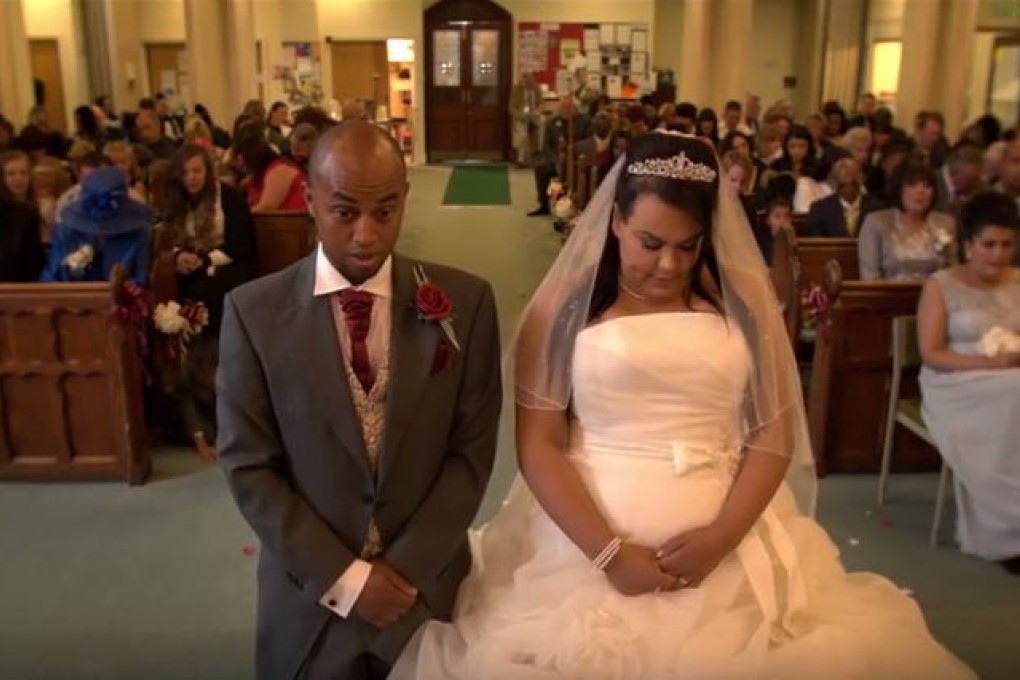Why atheist Richard Dawkins says the Lord’s Prayer deserves to be on UK cinema screens

The Church of England has received unlikely backing from the biologist and prominent atheist Richard Dawkins after the UK’s three leading cinema chains refused to screen its advertisement featuring the Lord’s Prayer.
The 60-second advert was due to be shown before Star Wars: the Force Awakens, released on December 18, which would have guaranteed it a huge cinema audience in the run-up to Christmas.
But the Odeon Cineworld and Vue chains, which control 80 per cent of screens around the country, have refused to allow it because of a policy not to allow political or religious advertising.
WATCH: JustPray's Lord's Prayer advertisement
The decision prompted an angry response from the church, which warned of a chilling effect on free speech. Many expressed support for its position including Dawkins, the evolutionary biologist best known for excoriating religions.